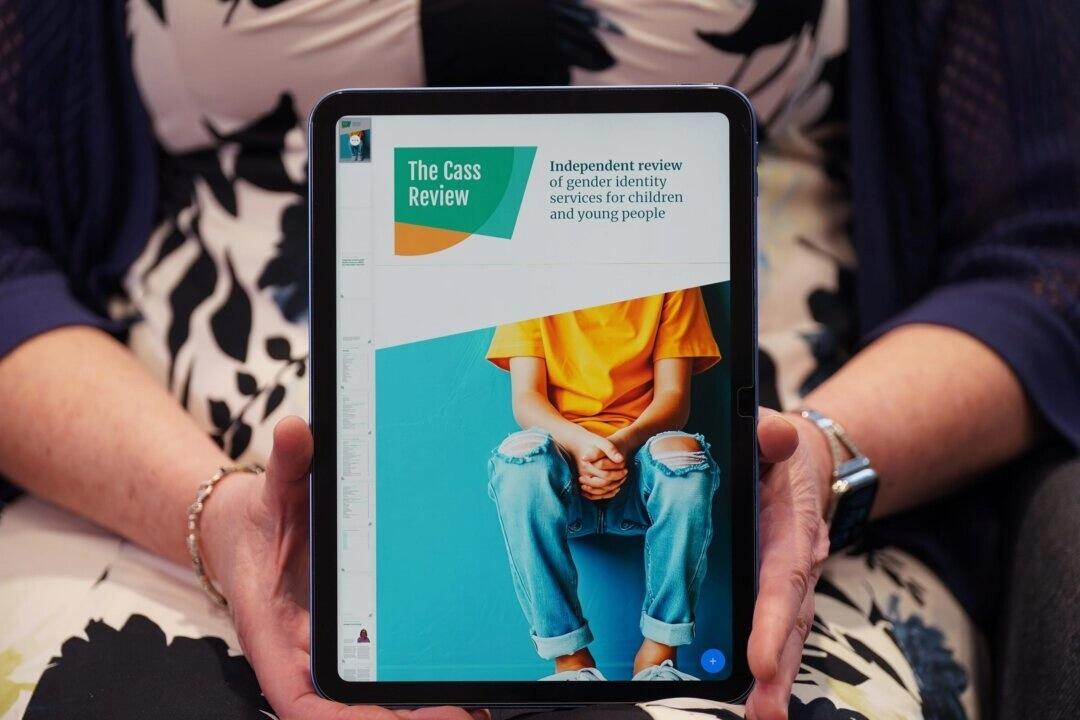‘We have far bigger problems—people sleeping hungry, very poor people around me—I’m more worried about that than I’ll ever be worried about climate change.’
.jpg) Authored by Katie Spence: Under a blazing Kenyan sun, elderly women toil
on their hands and knees in the reddish-brown clay, separating the
choking weeds from the small, green shoots of a finger millet crop.
The women are barehanded and barefoot, and they work from 8 a.m. to 5
p.m. or 6 p.m. at night. Clearing a small field takes three days.
Authored by Katie Spence: Under a blazing Kenyan sun, elderly women toil
on their hands and knees in the reddish-brown clay, separating the
choking weeds from the small, green shoots of a finger millet crop.
The women are barehanded and barefoot, and they work from 8 a.m. to 5
p.m. or 6 p.m. at night. Clearing a small field takes three days.
But farmers like Mr. Machogu can’t get a combine harvester. Even if they could afford one from the meager salaries they make selling crops, Western nations’ climate policies prevent Africans from achieving what the West already has—modernization and prosperity.
In November 2023, to reduce carbon dioxide emissions from fossil fuel use, the President of the Republic of Kenya, William Ruto, cut subsidies for fertilizer, fuel, and electricity for the 2023/2024 financial year. He did so at the behest of the International Monetary Fund (IMF), a financial agency of the United Nations (U.N.).



